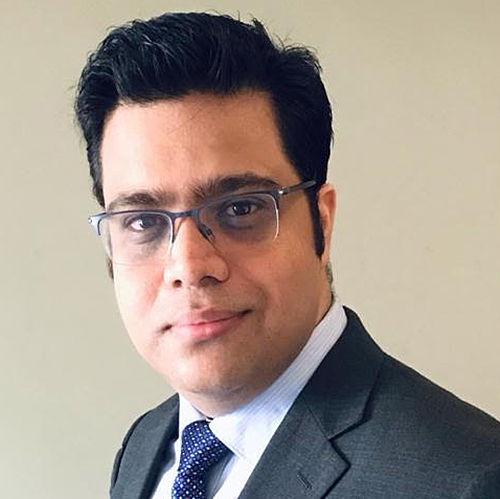For high net worth (HNW) business owners in Asia, Africa and the Middle East, growing their business remains the dominant goal in the mid- (80%) to long-term (60%), according to a report from Standard Chartered Private Bank and Camden Research.
The report focussed on the wealth management needs and preferences of HNW business owners in Asia, Africa and the Middle East. The research surveyed stakeholders in family businesses with a 2012 turnover and family net worth in excess of US$100 million, as well as stakeholders in non-family businesses with a 2012 turnover and individual net worth in excess of US$25 million.
Increasing market share is the top growth objective (82% of participants said it was important/very important) for business owners in all regions. This was followed by increasing production capacity (65%) and international expansion (58%).
With nearly 60% viewing international expansion as an important/very important business objective, HNW business owners are looking to go global. About 82% of Middle East businesses are already internationalized, compared to 58% of Asian businesses and 42% of African businesses. Notably, business owners in Africa (being the least international group) rated “international expansion" as the second most important objective for the mid-term, whereas participants in Asia and the Middle East rate “increasing capacity" as second most important.
The report noted that the majority of the Africa participants without an international presence said they would prefer a wealth advisor who sits within a global full service bank. This suggests that they are looking to use these wealth advisors to connect them and their businesses globally.
An overwhelming majority (85%) of respondents are also heavily involved in the daily management and financial affairs of their business. Together with the main focus on growing their business, this leaves less time for personal wealth strategies, including planning for the eventual transfer of wealth, although, in the long-term, the importance of personal wealth preservation triples from 7% to 21%.
Thus, increasing personal wealth is viewed as a by-product of a successful business and not the main priority; personal wealth strategies and ambitions are relatively less aggressive, although the focus on wealth preservation continues to grow and offers an advisory opportunity for private banks, the report showed.

HNW business owners are reactive, and not proactive, in ensuring the professionalism of their management teams and in implementing governance structures that improve the transparency of their businesses.
Governance and formal planning are secondary considerations and remain in their infancy; only around half of those surveyed have a formal governance structure in place. However, the research observed that as businesses mature, professionalization (including the implementation of world-class best practices in business operations and governance) increases in priority and importance (14% to 23%). About 55% of older businesses (>20 years) have a structure in place compared to 50% of younger businesses (<20 years). These governance structures are likely to be emergent more as a function of business age than any formal planning.
When it comes to planning for the transfer of their personal wealth, the same gap exists. An average of almost half the respondents lack formal plans to transfer their wealth to the next generation. Structures for wealth transfer were more likely to be found among respondents who were not part of the founding generation of the business i.e. next generation – 67% of this group have a structure in place.
As these business owners are in the early stages of developing a personal/family wealth management scheme, and highly focused on the operational and financing aspects of business growth, lawyers and accountants emerge as the most trusted overall advisors on whom they rely heavily for advice, both from business and personal fronts.

When it comes to wealth planning for the next generation, private banks are not the main go-to partner; 85% of respondents consult lawyers and accountants about wealth planning and only 50% discussed these issues with their private bank. For example, close to half of all survey participants said they would not expect to use their bank for advice on insurance products, retirement planning, or planning for their children’s education, indicating that more awareness or education is needed around these products and services. In addition, only around half of respondents regard next generation programmes provided by their private bank as a differentiated client service.
However, business owners are open to their children continuing the relationship with their current private bank (37%) and while the majority have no preference (45%) for their next generation’s private banking relationship, just 9% of participants said they would prefer their children to use a different private bank. This reflects an opportunity for private banks to reconsider their existing next generation initiatives and strategy, and the practical value they can bring to this segment’s wealth planning needs.










